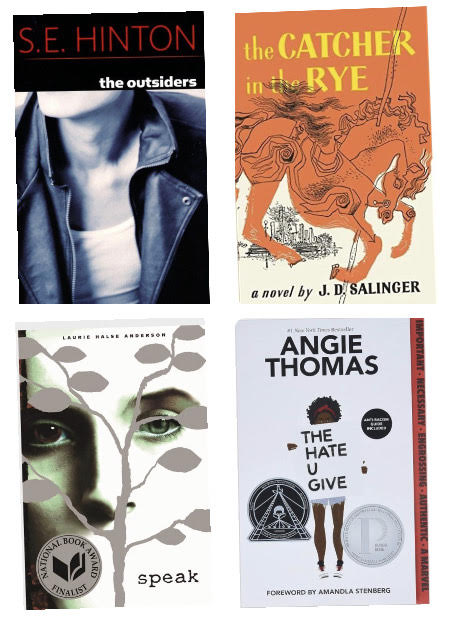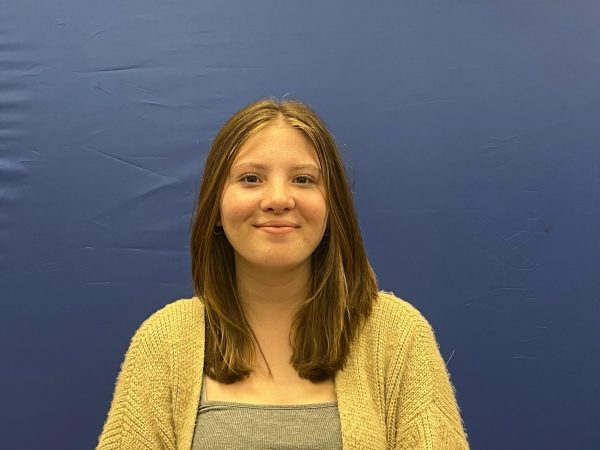Lifting The Ban On Books (Reading Between The Lines)
December 17, 2022
Opening a book does not necessarily open Pandora’s Box.
Yet, some schools have decided to ban certain books from their libraries because of the serious topics they discuss. But, if literature must fit into a box, what will that say about people’s perception of the world? How will people learn to challenge ideas and create their own if this kind of censorship continues?
Maya Ballinger, a junior at Elkhart High School, expresses her opinion. “I don’t think that it is right for schools to ban books because a lot of them offer lessons about academics and/or society.” Some famous and most often banned books at schools include: The Hate U Give by Angie Thomas, The Outsiders by S.E. Hinton, and The Catcher in the Rye by J.D. Salinger. While they all may be a bit controversial, they all teach readers crucial lessons and hard truths about life.
Ballinger expands on this. “I think that schools have banned these books because they bring up topics that adults feel are inappropriate for children to learn about; however, I don’t agree with this. I think that students and their parents should have the option to decide for themselves what they should read.” The common denominator that all banned books share is that they all discuss serious topics. Nonetheless, this should not stop younger audiences from reading these books.
The Hate You Give by Angie Thomas, for example, was banned from numerous schools recently because it discusses police violence and racism. Likewise, The Outsiders by S.E. Hinton was banned because it contains characters who struggle with drug and alcohol abuse. These are only surface-level observations, though. Books like these inspire crucial conversations in schools about real-life problems and themes. They teach students how to be better people and become problem solvers.
If people can only see the “bad” in these books, then the next generation will lose the opportunity to have these critical conversations with their peers and other adults. People need to learn how to take the good with the bad both in life and in literature. Before schools start censoring books, they need to go deeper and start reading between the lines.








